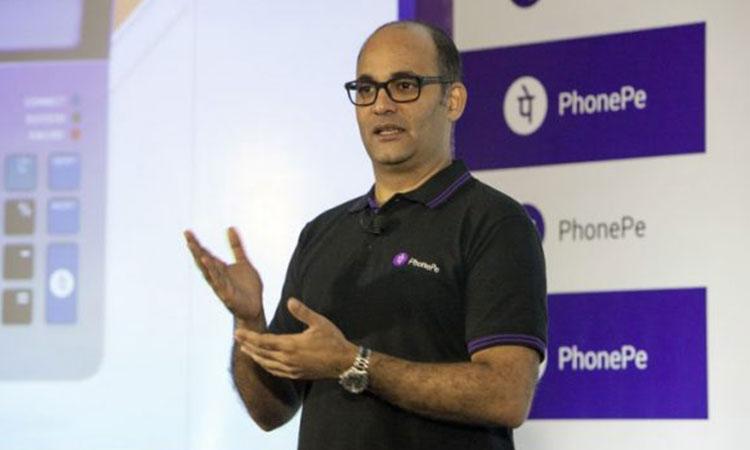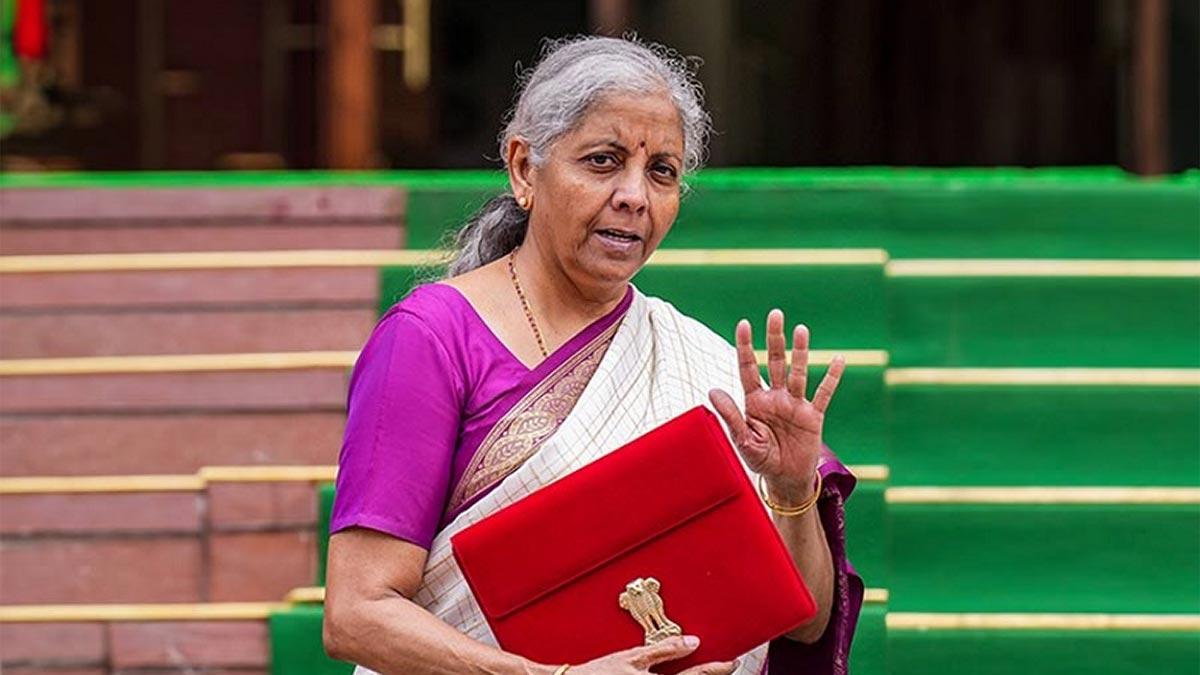Indian fintech company PhonePe’s cofounder and chief executive officer Sameer Nigam on Wednesday revealed that the company's decision to move its domicile from Singapore to India resulted in investors having to pay almost Rs 8,000 crore in taxes.
Nigam further stated that the challenges for startups shifting domicile to India are high, and that the move resulted in a loss of approximately $900 million dollars of accumulated losses, as it is treated as a restructuring event. Nigam also stated that at least 20 existing unicorns have expressed interest in shifting domicile to India if regulations become easier.
“I hope things will get easier. If you want to move from any other market to India as a domicile it is treated as a capital gains event for existing investors so they have to make a fresh mark to market valuation, you have to pay tax on the delta,” Nigam said during the company’s first Youtube Live session on January 25 after it raised a huge round of $350 million last week. PhonePe's Co-founder and CTO Rahul Chari was also part of this live session.
In October 2022, PhonePe, which is owned by Walmart, announced that it had completed the process of moving its domicile from Singapore to India, in order to focus on solving for at-scale financial inclusion, digitization, and ecosystem building in the country. The company raised $350 million in a fundraising round, making it the most-valued fintech company in India with a valuation of $12 billion.
Also read | PhonePe envisions massive opportunity ahead across UPI, lending, insurance, ONDC
However, the decision to shift domicile also led to challenges for the company, including having to convince employees that the ESOP vesting plan would go back to zero. Nigam acknowledged that this is very hard for many startups, especially in the early stages of growth, and that it is like disincentivizing startups for coming back to India.
In addition, PhonePe had to spin-off from e-commerce startup Flipkart, which was announced in December. The spin-off also completed PhonePe's transition to a fully Indian-domiciled company, which began in 2022. Nigam explained that it became clear that Flipkart and PhonePe were on different paths, and it made sense for shareholders. The spin-off also gave the company the opportunity to get other investors who are more into fintech and payments.
Regarding the recent fundraise and PhonePe's focus, Nigam stated that the IPO will be decided only after achieving certain parameters, but no definite timeline for the IPO has been shared yet. He stated that profitability at scale will be the main parameter and diversification of the business, and it will take a few years to achieve these.
In terms of financial performance, PhonePe had a revenue of Rs 1,646 crore in FY22, and reported a loss of Rs 2,014 crore in FY22 (2021-22), which widened from Rs 1,729 crore in FY21 (2020-21).


















